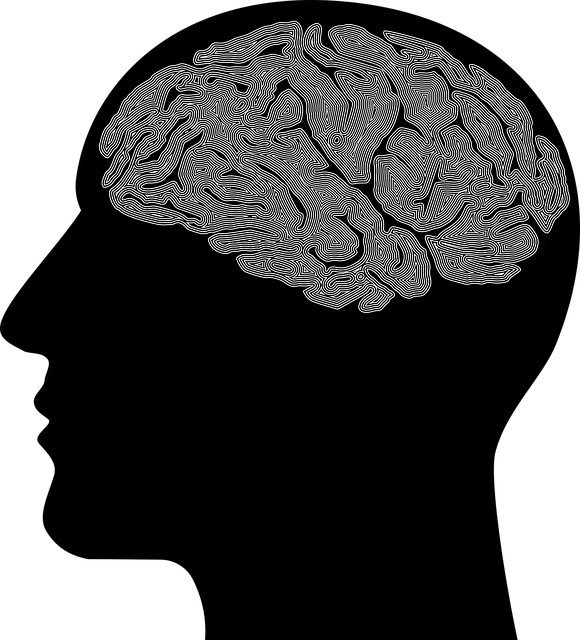The Kaiser Permanente behavioral health center in Highlands Ranch prioritizes patient care through risk assessment, employing evidence-based practices and reducing mental illness stigma. They address staff burnout and compassion fatigue with coaching programs, workshops, and counseling, ensuring emotional well-being among mental health professionals. Their comprehensive risk management strategy includes safety protocols, training, early intervention, depression prevention, and integrated care, creating a supportive environment for both patients and providers.
Mental health professionals, while dedicated to healing, face unique risks that demand careful consideration. This article explores comprehensive risk assessment practices at Kaiser Permanente Behavioral Health Center Highlands Ranch, a leading example in safeguarding well-being. We delve into key risks, such as secondary trauma and burnout, and effective mitigation strategies. Additionally, we examine best practices for comprehensive risk management in clinical settings, emphasizing proactive approaches to create healthier work environments. Learn from Kaiser Permanente’s approach to enhance resilience among mental health professionals.
- Understanding Risk Assessment at Kaiser Permanente Behavioral Health Center Highlands Ranch
- Key Risks Faced by Mental Health Professionals and Mitigation Strategies
- Best Practices for Comprehensive Risk Management in Clinical Settings
Understanding Risk Assessment at Kaiser Permanente Behavioral Health Center Highlands Ranch

At Kaiser Permanente Behavioral Health Center Highlands Ranch, risk assessment is a cornerstone of patient care. This comprehensive process involves meticulously evaluating each individual’s unique set of factors that could impact their mental health and well-being. By integrating evidence-based methods, such as the Self-Esteem Improvement and Compassion Cultivation Practices, the center ensures a holistic approach to understanding and mitigating risks.
The team at Kaiser Permanente recognizes that stigma associated with mental illness can pose significant barriers to treatment. Therefore, their risk assessment strategy includes initiatives aimed at Mental Illness Stigma Reduction Efforts, fostering an inclusive environment where patients feel safe to disclose and seek help without fear of judgment. This proactive stance not only strengthens patient outcomes but also contributes to the overall health and resilience of the community they serve.
Key Risks Faced by Mental Health Professionals and Mitigation Strategies

Mental health professionals at Kaiser Permanente behavioral health center Highlands Ranch face a unique set of challenges that can lead to significant risks. One primary concern is emotional regulation. Long working hours, high-stress situations, and intense emotional demands from clients can contribute to burnout, compassion fatigue, and increased risk of developing secondary traumatic stress disorder (STSD). This is particularly pertinent given the growing demand for mental health services.
Mitigation strategies are crucial to addressing these risks. Encouraging mental wellness coaching programs tailored to their specific needs can help professionals develop healthier coping mechanisms. Promoting mental health awareness through workshops, peer support groups, and access to counseling services within the organization can foster a culture of resilience. Additionally, integrating evidence-based practices for stress management and self-care into professional development initiatives ensures that mental health workers are equipped to maintain their emotional well-being while providing quality care to their clients.
Best Practices for Comprehensive Risk Management in Clinical Settings

At the Kaiser Permanente behavioral health center Highlands Ranch, best practices for comprehensive risk management in clinical settings involve a multi-faceted approach tailored to address mental illness stigma reduction efforts and foster an environment that promotes healing. This includes implementing robust safety protocols, regular staff training on Mind Over Matter principles, and continuous quality improvement initiatives aimed at early intervention and depression prevention.
By integrating these strategies, the center ensures a proactive rather than reactive stance towards risk assessment. Regular comprehensive assessments of patient risks are conducted using evidence-based tools to predict potential hazards. Additionally, fostering open communication channels encourages patients to express concerns or triggers proactively, enabling swift interventions. These measures collectively contribute to a safer, more supportive environment where mental health professionals can provide optimal care while mitigating risks effectively.
Mental health professionals at the Kaiser Permanente Behavioral Health Center Highlands Ranch face unique risks, from high-stress environments to potential patient hazards. Understanding these risks and implementing effective mitigation strategies is paramount for maintaining a safe and healthy work environment. By adopting best practices in comprehensive risk management, as highlighted in this article, the center can ensure that its providers are equipped to navigate complex scenarios, ultimately enhancing patient care and professional well-being. Incorporating these strategies into the daily operations of the Kaiser Permanente Behavioral Health Center Highlands Ranch will foster a resilient and supportive clinical setting.






